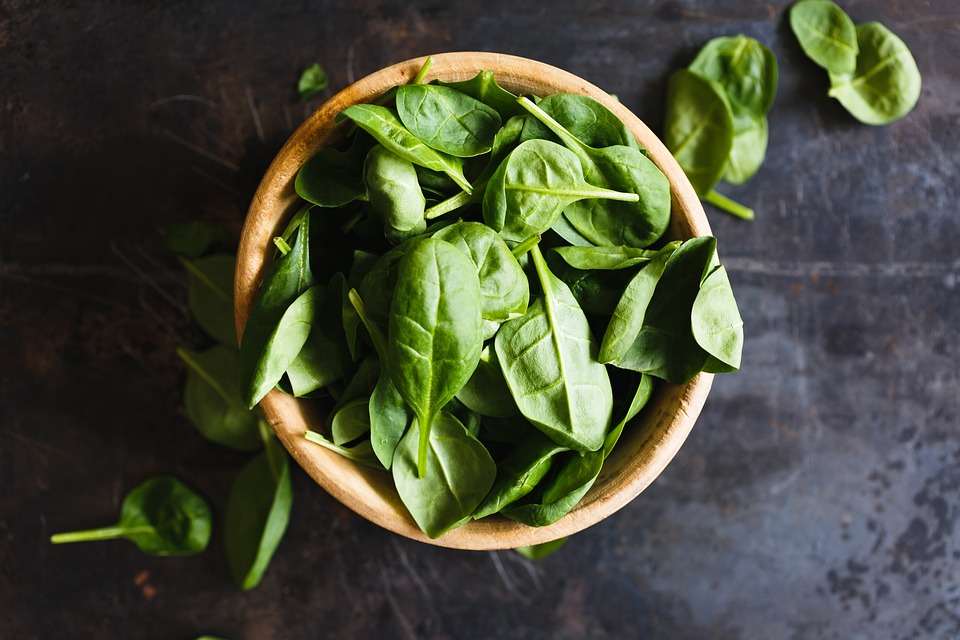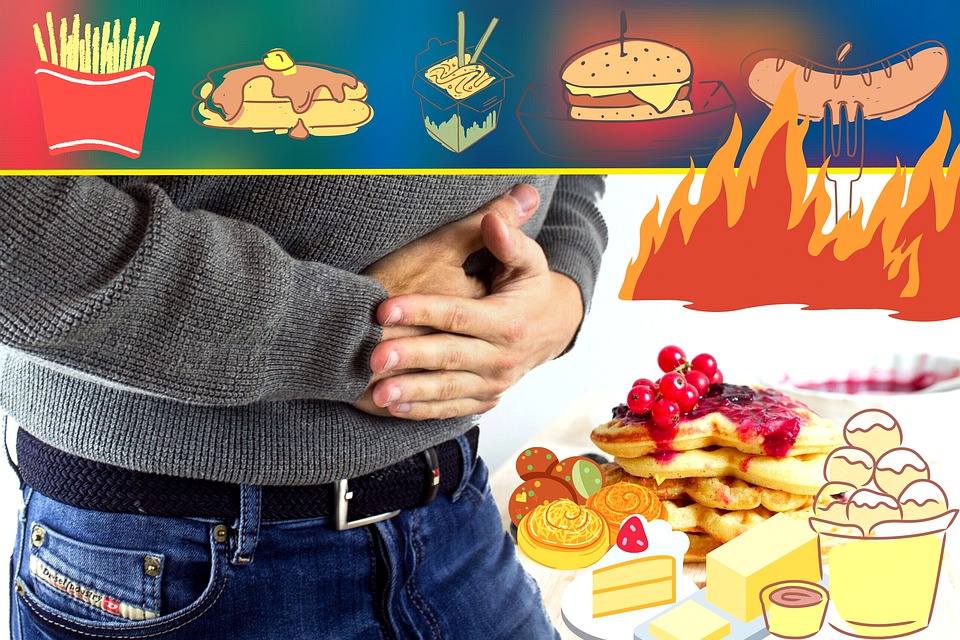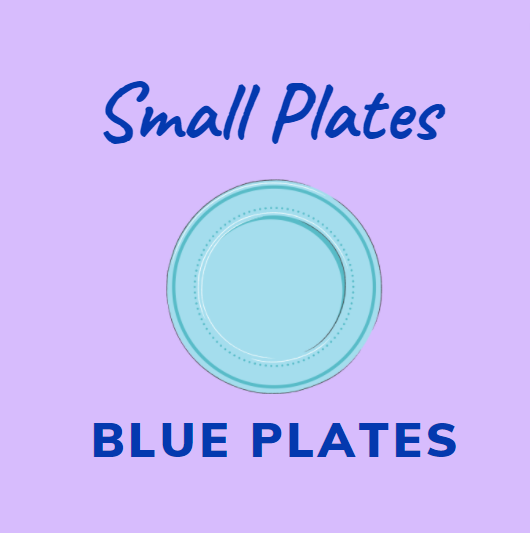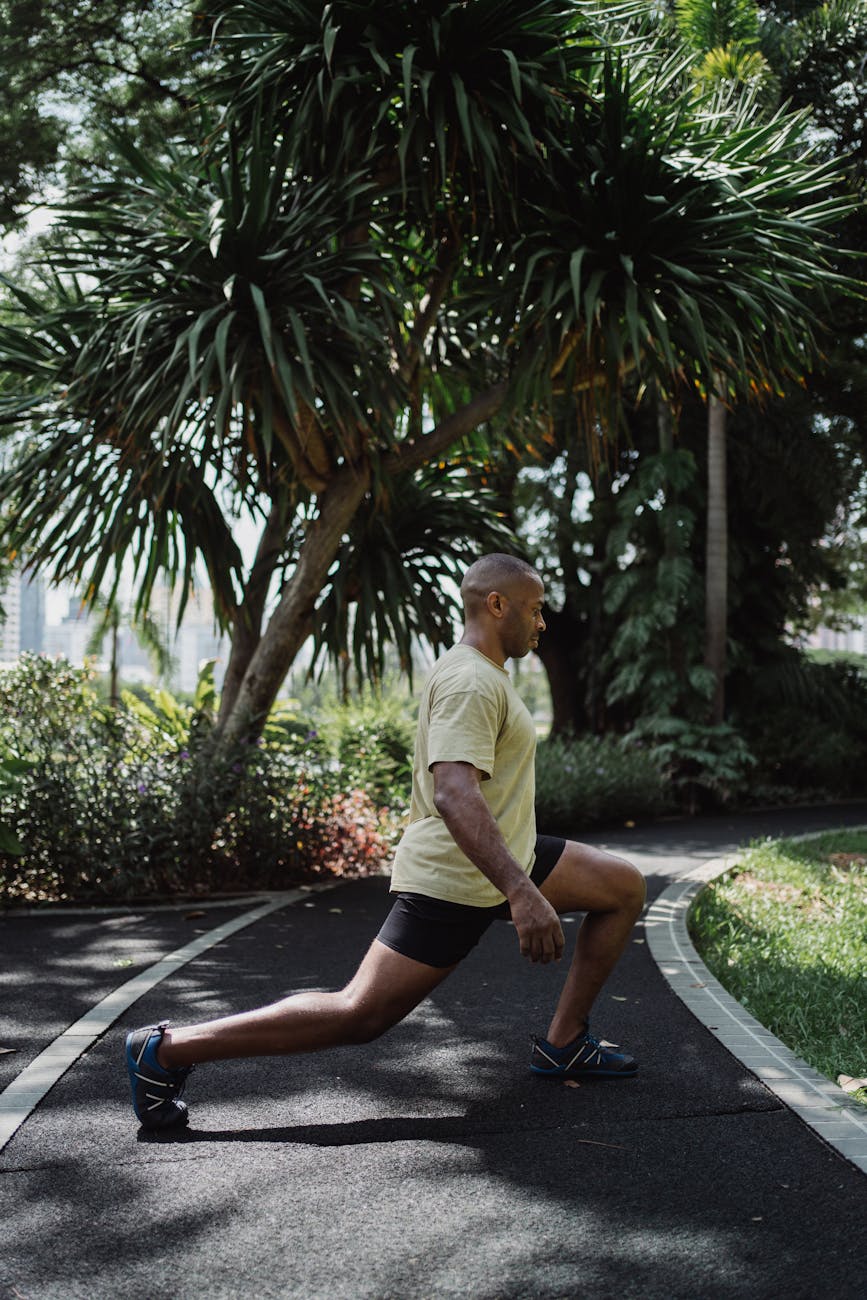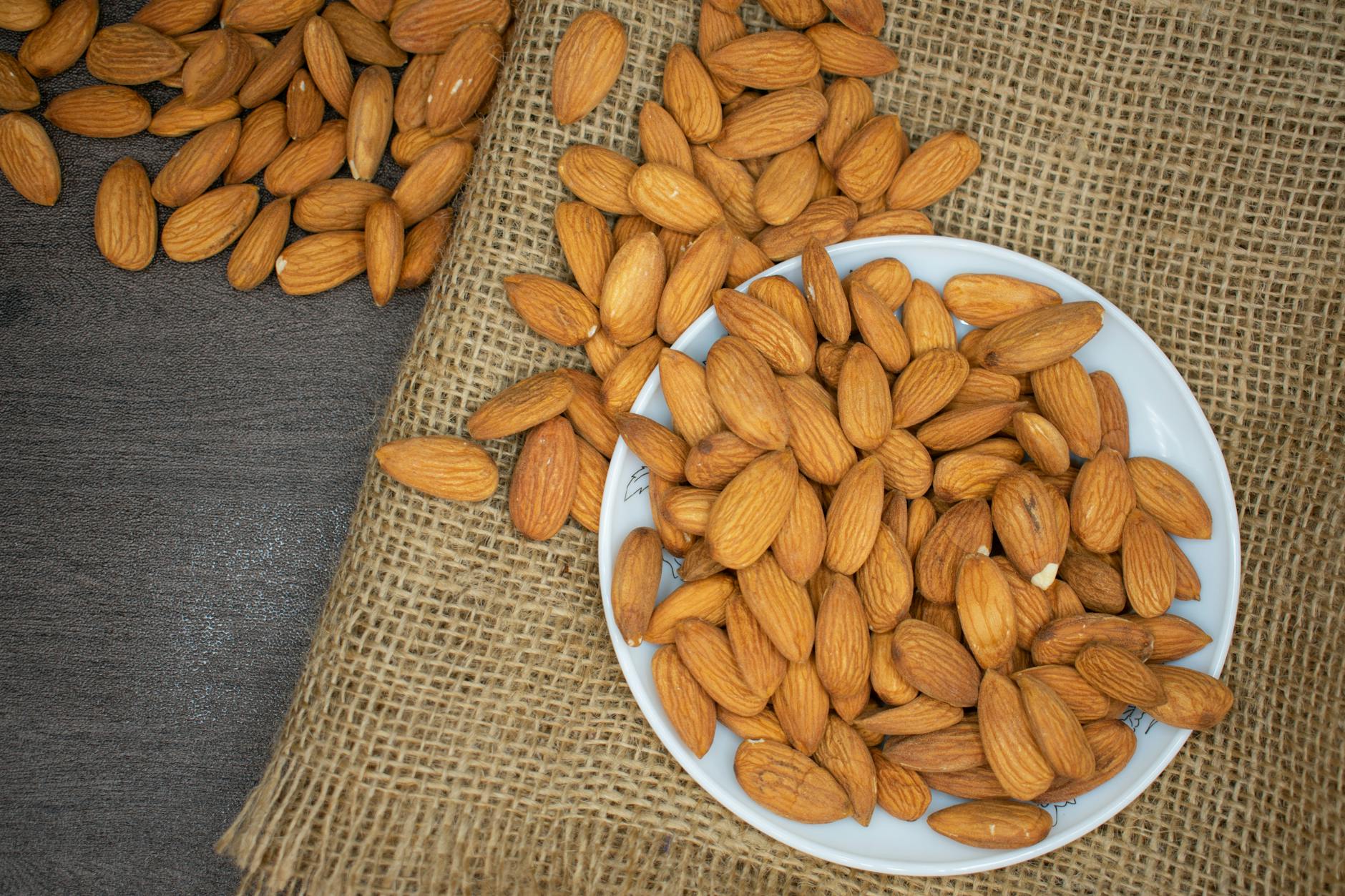Weight gain can be caused by a poor diet, a lack of physical activity, medication, or underlying health conditions. Weight gain is unavoidable if you do not pay attention to or prioritise your health for whatever reason. However, if your metabolism is in good shape, you can lose weight quickly with minimal effort. You do not need to make any dietary changes or go through any medication procedures, unlike most people. A fast metabolism allows you to burn fat and get in shape faster. While some people are born with a faster metabolism, others can try some tricks to speed it up. Here are four homemade drinks that may assist you in increasing your metabolism.
Wednesday, March 2, 2022
Weight Loss: 4 Drinks That Can Help You Lose Weight
Monday, February 28, 2022
Walking is the best exercise for 10 Reasons
According to a study conducted by the University of Utah, the human body is designed to walk. Walking is physically easier on the body, but it still requires more oxygen than sitting, providing the same benefits as running. It's easy to overlook the fact that walking is an aerobic activity. After all, approximately 7 billion people do it on a daily basis. It is low-impact, simple, natural, and easily accessible, with numerous health benefits. Let us go through 10 reasons why walking is the best exercise.
Increased bone strength
Our bones weaken as we age, but walking on a regular basis can help to strengthen them. Walking increases the stress on bones, and some of the cells that build bones, known as osteoblasts, respond to stress. Low-impact walking can also aid in the prevention of bone density loss. Race walking, jogging while walking, or adding weights such as ankle weights can help you build even more bone mass.
Reduced body fat
Do you want to lose weight without going to the gym? Then try to walk. While your diet is the most important factor in losing weight, exercise is also important. However, the exercise does not have to exhaust you. It could be as simple as walking. According to a 2014 study published in the Journal of Exercise Nutrition and Biochemistry, walking for 50 to 70 minutes three days a week for 12 weeks resulted in an average body fat loss of 1.5 percent – or 1.1 inches around the waist – in obese women. Increasing the pace, of course, will result in even more calories burned.
Improved mood
More walking, according to research, has a calming effect on one's mood. Three different experiments demonstrated that even casual walking promoted positive effects in a study on the beneficial effects of walking published in the National Library of Medicine National Institutes of Health in 2016. According to the study, walking "can supersede the effects of other emotionally significant events such as boredom and dread." Walking outside works by exposing you to sunlight, which can aid with seasonal affective disorder.
Improved circulation
It is critical to maintain healthy blood flow at any age. When blood circulation is poor, muscles and tissues do not receive enough oxygen and nutrients from the blood to function properly, resulting in general fatigue and pain. Walking improves blood flow because it allows you to take in more oxygen, which is then transported to your muscles. This raises your heart rate, which improves cardiovascular health, which is necessary for proper circulation.
Enhances alertness
Walking improves mental acuity because the aerobic exercise increases the amount of oxygen in the brain. It also produces chemicals that increase alertness, such as adrenaline. Several studies have found that 20 to 30 minutes of exercise prior to performing a mental task improves reaction time and decision making. According to a Stanford University study, "walking allows for the free flow of ideas and is a simple and robust solution to the goals of increasing creativity and physical activity."
Enhances sleep
You'll sleep better after you've gone for a walk. This is due to the fact that walking naturally increases levels of melatonin, a hormone that aids in sleep. A sleep study published in Oxford Academic discovered that postmenopausal women who walked or exercised before bed had better sleep quality than sedentary women.
Increases stamina
Walking on a regular basis improves stamina and endurance. Improved stamina means you'll burn calories more efficiently, which will help you keep the weight off. Long distance walking can burn off 100 calories per mile for a 150-pound person who walks frequently.
Minimises bad cholesterol
LDL which is called as low-density lipoproteins and is often referred to as "bad" cholesterol. LDL is considered "bad" because high levels of it can cause plaque buildup in the arteries, raising the risk of heart disease. The underlying mechanism by which walking lowers "bad" cholesterol is uncertain, but many experts believe the link is straightforward: exercise, including walking, helps a person lose weight, which helps lower cholesterol. Even a 5% reduction in body weight can result in significantly lower LDL levels.
Aids in digestion
Walking immediately after eating was thought to cause fatigue and stomach discomfort. However, according to a 2011 study published in the International Journal of General Medicine, walking at a brisk pace for 30 minutes right after eating results in more weight loss than waiting an hour after eating before walking. Blood sugar levels rise after eating, and if people begin walking as soon as possible after eating, the blood sugar spike will be reduced.
Improves lung capacity
When most people think of exercise, they think of losing weight and improving their heart health. Regular physical activity, on the other hand, is extremely beneficial to the lungs. Walking increases lung capacity and strengthens the lungs, making it easier to breathe. When you walk, or exercise in general, your body consumes more oxygen and your circulation speeds up. This increases your breathing capacity. In other words, you're less likely to run out of steam.
Remember At the end of the day, HEALTH IS WEALTH
Sunday, February 27, 2022
5 Secret exercise tricks that can help you live a longer life.
We all have only one life to live, and each adult should unquestionably be in complete control of it. So, if you prefer to avoid exercise entirely and live a life of leisure, that is entirely your choice. However, it would not be the best option for your health. Sedentary living is even regarded by the World Health Organization as one of "the more serious yet inadequately addressed public health problems of our time."
Identify an active recreational activity.
Find movement in your daily tasks.
Make working out a social event.
Exercising in the sun is a good way to burn calories.
Don't be concerned about exercise.
Tuesday, February 22, 2022
7 Meditation Benefits That Will Improve Your Mental Health
As the pandemic continues to have an impact on our mental health, an increasing number of people are turning to the ancient practice of meditation to manage their mental health. Here are some scientifically proven advantages.
Reduce Stress
Meditation can help reduce stress: As the lines between home, workplace, and educational institutions blur, it is easy to become overwhelmed by stress. The good news is that just a few minutes of meditation can help you deal with stress effectively. Researchers discovered that meditation can reduce inflammation caused by stress in an eight-week study, proving that meditation has a positive effect on stress.
Deal With Loneliness
Meditation can help you deal with loneliness: During pandemics, people became physically and emotionally distant. Loneliness can be difficult for people to deal with. There haven't been many studies that investigate the relationship between meditation and loneliness. However, because of their increased social isolation during the pandemic, researchers have attempted to assess this link in healthcare workers. They discovered that those who meditated experienced less loneliness.
Helps in Peace and Calmness
Meditation can assist you in finding inner peace and calm: If you're going to look for inner peace and calm, meditation can help. According to the Mayo Clinic, meditation can restore calmness and inner peace, contributing to your overall well-being.
Improves Sleep
Meditation helps in coping up with insomnia and improves sleep: We've all struggled to get enough sleep at a certain point in our lives. We can improve our sleep by meditating. Meditation was discovered to be an alternative to traditional treatments in a study to treat chronic insomnia.
Helps in coping up Anxiety
Meditation can help with anxiety: We unknowingly accumulate unhealthy levels of stress, which has a negative impact on our mental health. Meditation can help to reduce stress, which leads to less anxiety. Meditation was found to help patients with chronic anxiety reduce their levels in just two weeks, according to researchers.
Cope with Death and Loss
Meditation can help you cope with death and loss: Losing someone close to you can have a negative impact on your mental health, leading to depression. A study was conducted to assess the effect of mindfulness on the cognition of bereaved people. They discovered a significant improvement in both executive control and emotion regulation in bereaved people after eight weeks.
Improves Concentration and Focus
Meditation improves concentration: Most of us want to focus more on the task at hand and keep our minds from wandering. Meditation can aid you with this. According to studies, even a brief 10-minute meditation activity done every day can improve focus.
All Images Courtesy: Pixabay.com
Monday, February 21, 2022
How to Lose Weight Without Going on a Diet ?
The most traditional way to lose weight is to follow a strict diet and exercise on a regular basis. However, dieting your way to weight loss is losing its allure. People do not want to go hungry or avoid certain foods entirely. Certain lifestyle and eating habits changes can help you consume fewer calories and even shed a few kilos along the way.
Eat slowly and chew your food thoroughly.
The rate at which you finish your meals has a significant impact on your weight. It is critical to chew your food thoroughly, which will eventually cause you to eat slowly. Eating your meals slowly reduces your food intake, resulting in smaller portion sizes. It increases fullness and causes you to consume fewer calories. Fast eaters gain more weight than slow eaters, according to studies.
Choose smaller plates, preferably in blue.
Using a smaller plate forces you to take smaller servings. Because the plate appears to be full, your brain is tricked into thinking you are eating more when you are not.
Another trick is to use blue-colored plates, which have been shown in studies to be the least appealing when placed alongside most food items. This suppresses your appetite, causing you to consume fewer calories.
Avoid stress and get adequate amount of rest.
Stress, combined with a lack of sleep, causes weight gain and affects your appetite. Sleep deprivation can have an effect on the hormones ghrelin and leptin, which regulate your appetite. Stress can raise your cortisol levels, causing you to gain weight. Getting at least seven hours of sleep per night can help you deal with these issues and lose weight quickly.
Consistently consume adequate amounts of water.
Drink plenty of water on a regular basis, especially before meals, to avoid overeating. A study found that people who drank half a litre 30 minutes before their meals had fewer hunger pangs and consumed fewer calories.
Keep unhealthy foods in some kind of a location where you can't see them.
Chocolates, cakes, and candies tempt you and increase your cravings, and you end up eating them when you open the fridge. So, hide these high-calorie foods in cupboards or the back of your cabinets. When you don't see them, you're more likely to forget you have them. Place fruit baskets or nuts where they can be seen, on the other hand.
Sunday, February 20, 2022
7 Intriguing Ways to Improve Your Mental Health
Trying to care for oneself during a chaotic time can feel like trying to fill a bathtub with a leaky bucket and a broken drain—while blindfolded. Gone are the days when a quick walk in the park or a simple mantra could provide relief. Keeping healthy feels like a full-time job.
Worry less about what other people think.
This is excellent general wisdom and the guiding principle when attempting to implement unconventional strategies. It's better to look foolish than to feel bad.
Find a metaphor that articulates what you're starting to feel.
Therapists are well-known for using metaphors to assist their patients in explaining phenomena, processing emotions, and navigating difficult situations. Creating abstractions can help us see stress from a different perspective, improve our ability to depict our emotions and experiences, and communicate our needs.
Don't be worried to use humour.
You might crack if you can't laugh at times. Humor is thought to be a resilience-boosting factor. Being silly and irreverent can help to diffuse tensions.
Start a conversation with a complete stranger.
Life has become awkward, thanks to mask-wearing, distancing, and missing the majority of cues that we used to have access to when we could see actual human faces and people weren't cringing when they were within a 19-foot radius of us. According to research, these micro-interactions can improve our mood and sense of belonging.
Play some of your favorite childhood songs and sounds.
We've all ended up getting them remembered, and even if you don't want to share them in public or on a Zoom call, these jingles and sounds can evoke positive memories and emotions, providing a respite from the seriousness of working career.
Make a good prank.
Send a rebuttal to the TikTok prank culture and instead choose someone in your life to surprise. It doesn't have to be a big deal: a sticky note, a funny meme, a small act of service, affirmation, an inside joke, or fun gag gifts will suffice. Good surprises strengthen our bonds and boost morale for both sender and receiver.
Make a fictitious commute.
Few people miss the hazards of traffic and swerving texters when working remotely, but there is something to be said for a consistent routine. Routines, rituals, and structure are extremely beneficial in our efforts to stay on track. Consider creating a simulated commute by going for a walk before logging in, listening to uplifting music and podcasts, or implementing any mini rituals that can be repeated daily to fuel and prime the brain.
Saturday, February 19, 2022
5 Warm-up Exercises to Perform Before Running
Most people who go for a run simply lace up their shoes and go. However, there must be a quick warmup routine to get your body muscles active before a strenuous run. Most people find it difficult to convince themselves to get out of bed early in the morning or to not stay on their sofa after work but to go for a run, let alone to have a pre-workout before running. To address this issue, let us check a series of simple and quick exercises to perform before going for a run that will activate muscles in your body and provide a boost of energy.
Stretching:
There is nothing better than stretching. It is the first thing anyone should do before engaging in any type of physical activity. It reduces the likelihood of injury or muscle cramps.
Walking lunges:
This is a great exercise to do before running because it activates your running muscles like your glutes, hips, and thighs.
Heel Kicks:
These exercises help you activate your glute muscles and increase your flexibility.
High Knees:
The goal of warmup exercises prior to running is to activate muscles that will aid in running, so how can we overlook the most important part of our knees? High knees help you run faster, have more leg strength, and are more flexible.
Jumping Jacks and Opposite Toe Touches:
Both engage your entire body. Jumping jacks help you maintain your breath while moving your entire body, and it also stimulates blood flow. Toe touches are also effective when moving your back and arms.
If you do these five exercises for even 2 minutes each, your body will be active and ready for a good run. Warm-up exercises are essential before running because they reduce the risk of injury, raise your heart rate, stretch your muscles, and increase your energy.
Remember Health is Wealth
Friday, February 18, 2022
5 Effective Diet Tricks that can help you to speed up your metabolism
- It aids in the control of blood sugar levels.
- It facilitates in the improvement of blood circulation.
- It encourages cell development and repair.
How to Boost Your Metabolism
Drink plenty of water:
Fluids are essential for boosting the body's metabolism and keeping it hydrated. Drinking cold water has been demonstrated in studies to support water-induced thermogenesis, which can aid weight loss. The use of green tea and coffee can also help to speed up the metabolism.
Boost your quercetin intake:
Quercetin is a pigment found in a range of fruits and vegetables. This flavonoid has the potential to enhance metabolism significantly. Tomatoes, berries, apples, and other fruits and vegetables are good sources of quercetin.
Lose the fructose:
Eating a lot of sugar is never a smart idea because it might harm your body. One molecule of glucose and one molecule of fructose make up table sugar. Experts advise avoiding fructose consumption since its metabolism produces uric acid. Fruits contain fructose, thus they should be consumed in moderation for optimal health advantages. Mangoes are said to contain one of the highest sugar contents of any fruit.
Protein Intake:
Protein is an essential nutrient that many people overlook. It is considered the body's building block and is also one of the most commonly overlooked nutrients. This vitamin is necessary for boosting metabolism without increasing food intake. Eggs, poultry, lentils, beans, almonds, and other foods are acceptable.
Get your spices:
In the kitchen, a list of ingredients can help you raise your metabolism; these are your spices. Spices like ginger, pepper, turmeric, and others have been shown to help people lose weight and improve their metabolism.
And Finally Remember Health is Wealth.
A Mesmerizing Spectacle: The Northern Lights Illuminate the Sky in 2024
Introduction: The Northern Lights, also known as Aurora Borealis, have long captivated the imagination of people around the world with thei...

-
======VALAR MORGHULIS====== To all the GoT fanatics, who have patiently waited for 2 long years to experience a not-so-satisfying final ...
-
According to a study conducted by the University of Utah, the human body is designed to walk. Walking is physically easier on the body, but...

